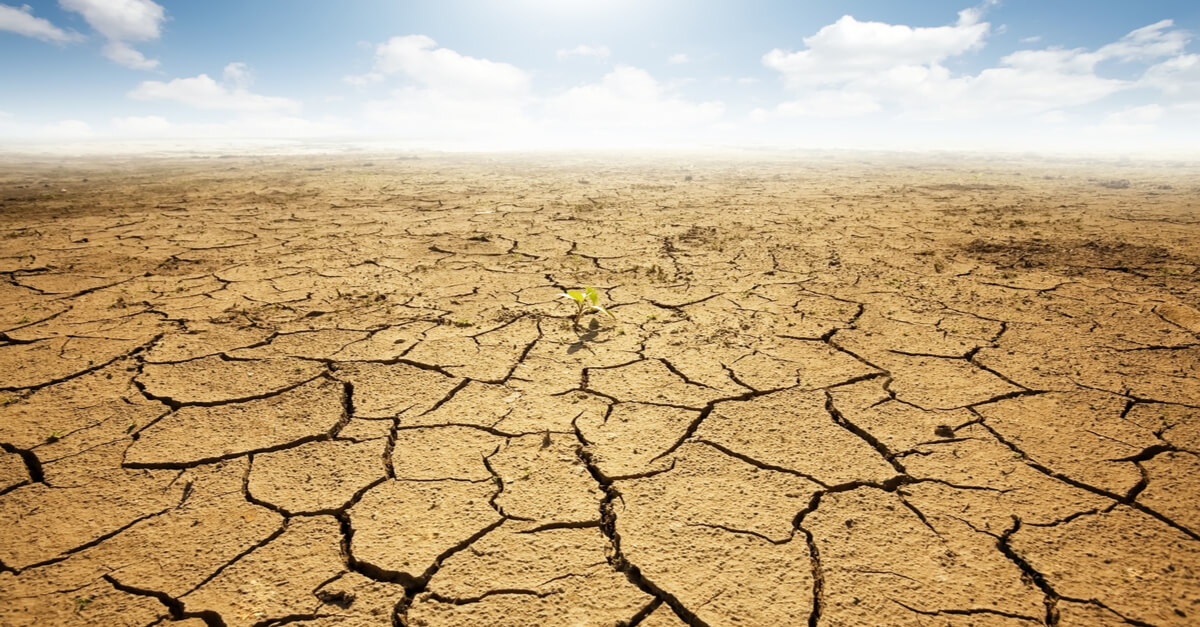Learn about the symptoms of dehydration and how you can prevent it
Are you drinking enough water each day to keep your body well hydrated? Many people do not realize that symptoms such as fatigue, headache and dry mouth can be caused by dehydration. Dehydration occurs when your body is losing more fluids than you are drinking. When someone becomes dehydrated, organs and cell within the body do not function properly and can cause symptoms to occur. Dehydration can begin as a mild state and progress to moderate and severe dehydration if not corrected. It is key to know the causes, signs and symptoms, in addition to learning about treatment for dehydration.
When someone becomes dehydrated, they may begin experiencing certain signs and symptoms. These will range depending on the severity of dehydration. Some of the most common mild symptoms of dehydration include:
- Headache
- Fatigue
- Dry Mouth
- Feeling Thirsty
- Decrease in Urine Output
- Feeling Lightheaded
- Feeling Dizzy
- Constipation
- Decrease in tear and saliva production
- Dry Skin
If fluids aren’t replaced, more severe dehydration symptoms can occur including:
- Rapid Breathing
- Rapid Heart Rate
- Sunken Eyes
- Dark Urine
- Low Blood Pressure
Now that you know more about the signs and symptoms of dehydration, you might be wondering what are the causes. In many cases, dehydration occurs from excessive sweating and/or not taking in enough fluids. It is recommended that an individual drink eight to 10 glasses per day, however, if someone is extremely active or exposed to sun and high temperatures, this number of glasses per day will increase.
There are additional reasons dehydration can occur, such as having an illness that causes diarrhea or vomiting; having a fever, in which your body will lose fluid through the surface of your skin in order to lower overall body temperature; and experiencing increased urine output caused by an illness. In addition, seniors, children, babies, and those living with a chronic illness are at higher risk of developing dehydration.
Treatment for Dehydration
If you are at risk of dehydration or have suffered from it in the past, you will likely want to know how to treat and/or prevent it. The easiest solution is through rehydration. In a hospital, rehydration will occur through IV fluids, but there are steps you can take at home to help prevent moderate to severe dehydration.
It is often recommended that children drink Pedialyte, while teens and adults are often instructed to drink an electrolyte containing drink such as Gatorade. In addition, you can create your own homemade rehydration mixture by combining ½ teaspoon of salt and six teaspoons of sugar in one liter of water. Make sure you are accurate in measurements when creating your own homemade remedy, as ingesting too much sugar or salt at once can be dangerous.
Some people state they have a desire for sweet drinks such as soda when they are dehydrated, but keep in mind that items such as soda or caffeine will make dehydration worse.
If you feel you have chronic dehydration symptoms, speak to your physician about longterm solutions to prevent dehydration from occurring. You can learn more about keeping yourself hydrated and healthy at www.BetterHealthKare.com
